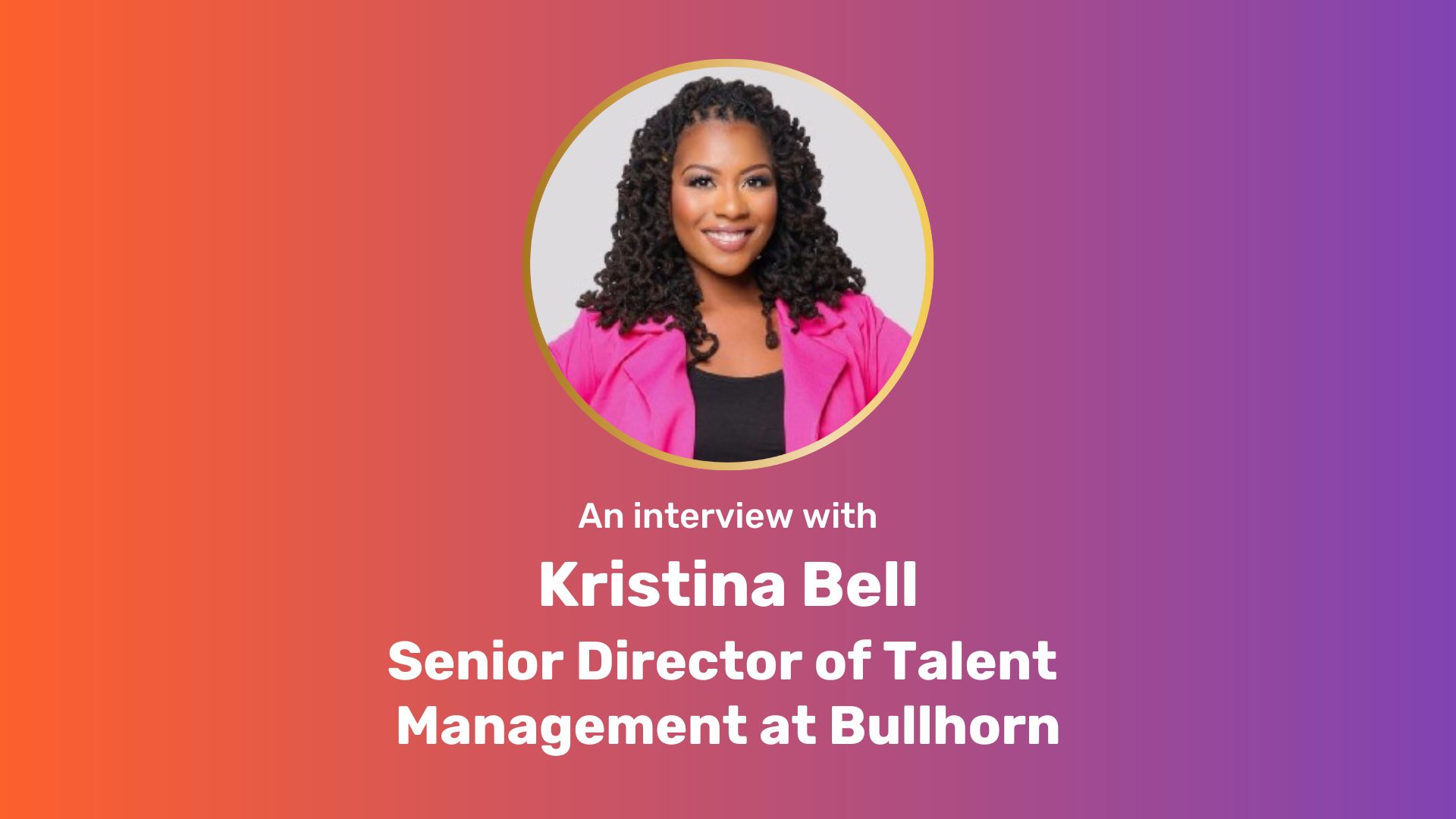In a conversation with Electives Co-Founder Jason Lavender, Kristina Bell shares how her path from communications to talent management shaped her approach to leadership. The result? A grounded, human-first philosophy that blends trust, technology and intentional learning to help people thrive — even as AI reshapes how we work.
Key topics covered:
- How to build a learning culture people actually invest in
- Why AI makes soft skills more valuable than ever
- The role of vulnerability and trust in leadership
- What it really takes to develop confident, capable teams
Leading during lean times means thinking differently
With teams running leaner and leaner, Kristina says HR leaders can’t afford to always be the “doers.” They have to be the coaches too — the people connecting dots, guiding teams, and creating clarity.
“If I’m busy doing, I’m not coaching. I’m not enabling my teams or connecting the dots.”
At Bullhorn, that means leaning on technology — like automations and AI — to handle the administrative work so people can focus on people. The result? More thoughtful, efficient, human leadership.
Humans make AI better — not the other way around
Kristina admits she once thought using ChatGPT was “cheating.” Now she sees it as an accelerator — if used intentionally.
“It’s only as good as what you put into it. You have to be intentional with your prompts, correct it when it’s wrong, and use it to get where you need to be faster.”
She predicts that as AI handles more administrative and creative tasks, soft skills will define the best leaders. Think:
- Strategic thinking
- Empathy and connection
- Critical thinking
- Reading the room and building trust
“These are the things you can’t teach with a manual,” she says. “They’re the leadership skills that will define the next decade.”
Learning doesn’t happen by accident
Kristina’s playbook for learning culture is straightforward. You need:
- The right tools, tech stack, and curriculum
- Leaders who talk about learning regularly and model learning behaviors
- Employees who take ownership of their own growth
“You can have all the courses in the world, but if people don’t dedicate time to learn, it doesn’t matter.”
At Bullhorn, she’s made learning and well-being part of the same conversation. By sharing openly about using the company’s therapy benefit, Kristina shows new hires that growth — personal and professional — is expected, not optional.
“When leaders talk about learning and model it, people see it’s okay to make time for growth. That’s how culture shifts.”
Leadership that builds confidence, not control
Kristina’s leadership mantra is simple: hire good people, then trust them. “Once you build trust, empower people to make decisions, be creative and challenge back. If you shut that down, they stop showing up as their full selves.”
Kristina’s leadership philosophy centers on curiosity, confidence and compassion — the kind that gives teams space to experiment, fail, and try again.
The future of leadership is human
Kristina believes strong leaders don’t know everything — they know how to ask the right questions.
“Our brains can’t possibly know everything. The power is in being comfortable saying, ‘I don’t know.’ Then you go find the people who do.”
For her, that kind of humility builds stronger teams, better ideas, and a culture of constant learning.
If you want learning, lead it
Kristina’s blueprint for building a learning culture is simple and hard at the same time: use tools that work, talk about learning regularly like it matters, and give people time and trust to do it.
Do these five things and you’ll feel the shift:
- Block time. Put learning on the calendar. Treat it like a meeting, not optional.
- Model it. Leaders go first. Share what you’re learning — and what you’re unlearning.
- Don’t just do—coach. Use AI and automation to clear the administrative fog so managers can coach.
- Measure what sticks. Track adoption and behavior change, not just completions.
- Normalize care. Make mental health and growth part of how work gets done.
That’s how a learning culture shows up in real life — not as a program, but as a habit.
“If we’re not learning, we’re falling behind. So make time for it. Talk about it. Lead with it.” — Kristina Bell
Want to make learning part of your culture? Explore how Electives helps companies build programs that actually stick.


.jpg)



.jpg)

.jpg)

